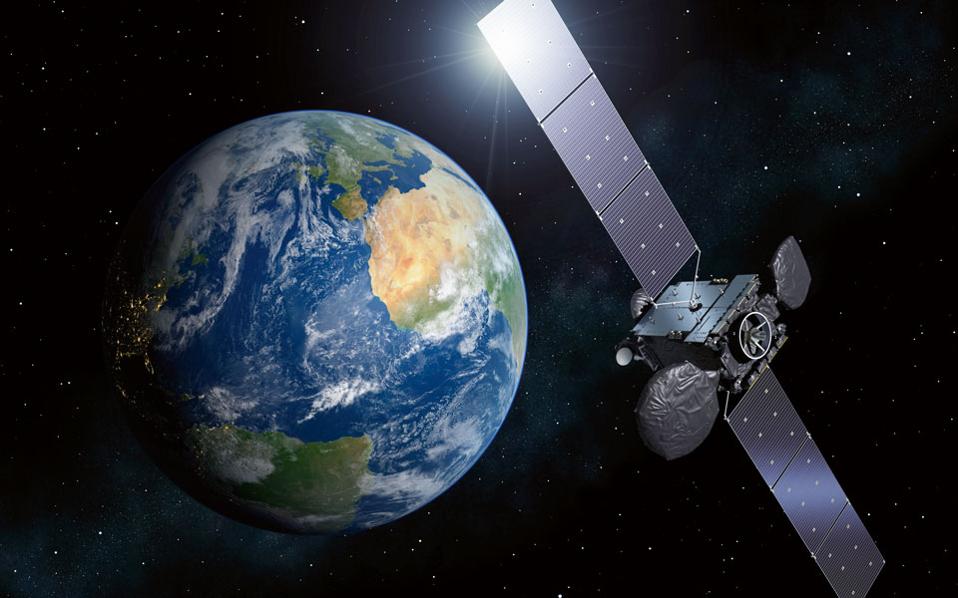We are at the offices of the European Sensor Systems (ESS), in front of the clean room. This is a specially designed and sterile room that contains no more than 10,000 dust particles.
This is where innovative products used for space applications are made. Welcome to the wonderful world of the Greek space industry, which not only exists but is booming, despite the crisis and the obstacles of operating out of Greece.
Back in the clean room, the staff of the ESS verifies whether a €10,000 mini pressure sensor is ready for delivery to a customer. The sensors are used to monitor the amount of fuel in a satellite’s tank.
The sensors are important for several reasons. They tend to be highly accurate in their first year of life before going downhill.
“It’s like marriage. At first everything works perfectly,” jokes ESS CEO Emmanuel Zervakis.
“But then, the accuracy deteriorates because of the extremely harsh environment of space, radiation, the aging of materials and many other aggravating factors,” he says.
“Consider, then, what happens over the next 15-20 years – a satellite’s average life span.” According to Zervakis, if the sensor incorrectly reports low fuel, the satellite must be directed back to Earth to be destroyed in the atmosphere upon reentry.
“Otherwise, it will be stuck in orbit with other space garbage, which incurs very high penalties. And if the sensor wrongly reports low fuel, the satellite was destroyed prematurely which is a very expensive mistake,” he says.
The ESS presented the solution employing the technology of Microelectromechanical Systems (MEMS) and built on silicon wafers. They are the only company producing them. How did they get this far?
“It was our strategic choice to enter the space industry and to test our strength,” explains Zervakis.
“In 2007 we signed our first contract with the European Space Agency (ESA). They were very pleased and recommended us to Airbus, one of the two European giants, along with Thales, operating space missions. Today we are major suppliers of satellite pressure sensors and accelerators.”
Greeks in Space
It’s not just the ESS. Another Greek company, TELETEL S.A produces hardware which controls the smooth functioning of key subsystems of satellites prior to launch and software that controls their flight mode. Hellas SAT provides information data transmission and voice services to a large number of users around the world. Prisma Electronics manufactures special cables for space while INASCO makes devices with composite materials used in space because of their light weight and strength.
“40 Greek companies currently deal with space” says Athanasios Potsis, president of the Hellenic Association of Space Industry (HASI). “Their turnover exceeds €200 million annually; they employ about 5,000 people and export 99.9% of their products.”
Greece became a member of the ESA in 2005. “Our industry is built from scratch, with companies focused on innovation. When preparing a mission to Mars, for example, they want a reliable product that won’t let them down.”
Over time, their customer base widened. China, Israel, Canada and India have expressed interest in Greek space products. The challenge they now face is retaining talent during Greece’s crisis. “We have a lot of excellent scientists, who go overseas, make a new product there, which Greece will then be obliged to buy because we need it. Isn’t it absurd?” says Potsis.
“It seems bizarre to the government to be approached with the issue of space when they have so much else to sort out, but that’s exactly what they have to do: look to the future and pay attention to the people who can make a difference. Even in a very good year, Greek olive oil exports reach about €600 million, while our industry exports reach €200 million with no support whatsoever.”










